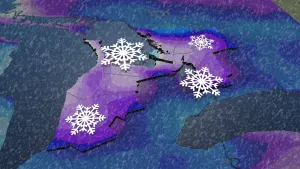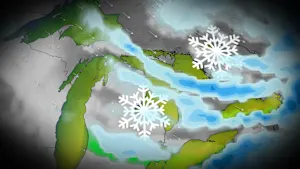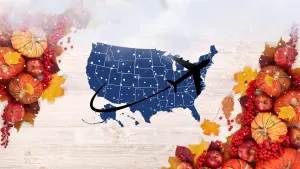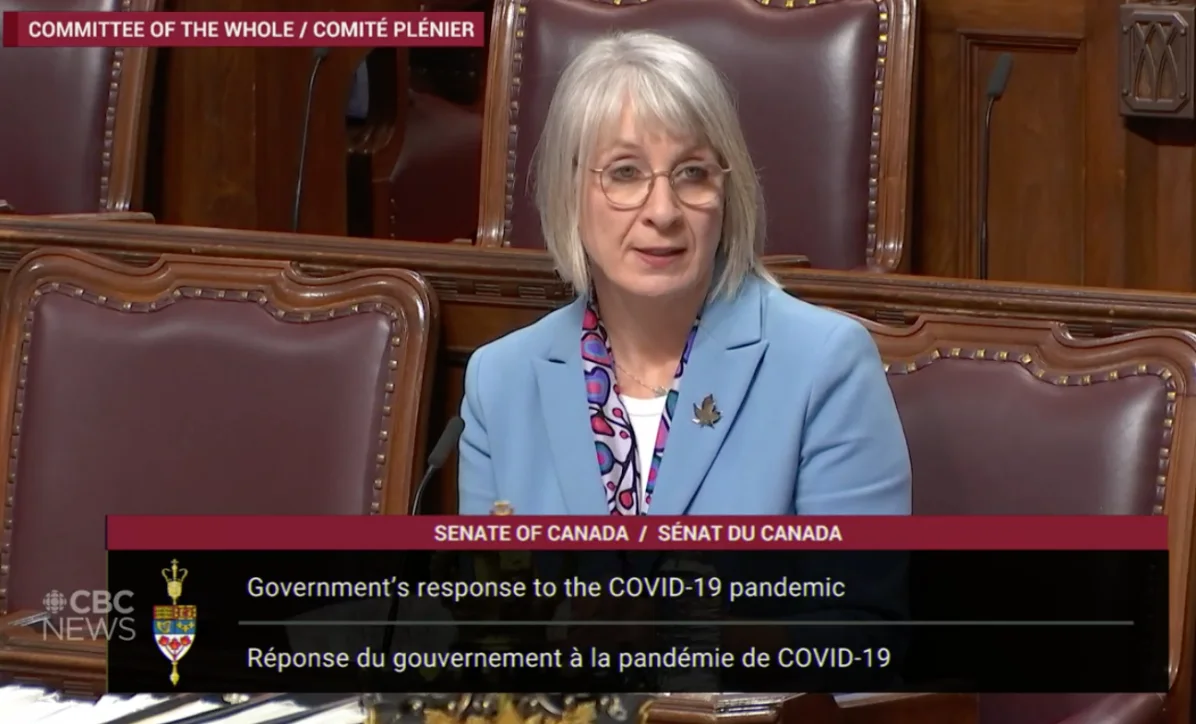
Mandatory quarantines to begin for international travellers
All travellers returning to Canada — with the exception of what the federal government is calling "essential workers" — will have to enter a mandatory 14-day quarantine as of midnight to help slow the spread of COVID-19, federal Health Minister Patty Hajdu said this morning
"This new measure will provide the clarity for those re-entering the country about the essential need to self-isolate," she told the Senate, where she was discussing the Liberal government's emergency legislation to free up billions to help Canadians weather the COVID-19 crisis.
Starting Thursday morning, Canada Border Services Agency officers will inform all returning Canadians and permanent residents of the new orders to begin isolation at home, and tell them that they are forbidden from stopping along the way.
Hajdu told the Senate that individuals who exhibit symptoms will be banned from taking public transit to their places of isolation — but later clarified that all returning travellers will be forbidden from taking city buses, trains and subways.
Go HERE for our complete coverage of the COVID-19 pandemic
"For those travellers who are arriving at one of the four international airports and connecting, they will be asked to quarantine in place in those cities for 14 days and we will provide the accommodation and meals for those situations," she said.
Hajdu said no one will be permitted to quarantine anywhere they can come into contact with vulnerable people; those who, for example, live with an elderly person or someone with a compromised immune system will have to quarantine elsewhere. She said the Public Health Agency of Canada will make arrangements for those people to stay somewhere else, such as a hotel.
The minister said officials will begin taking down contact information at the border to follow up with returning travellers and will be enforcing random inspections.
"My officials are working with CBSA right now to ensure that people know that this will be serious and that there will be significant penalties if people violate the quarantine," she said.
The government has been pleading with Canadians to self-isolate if they've returned from a trip since mid-March, but this move under the Quarantine Act makes it a legal obligation.
WATCH BELOW: COVID-19 COULD MEAN LESS ACCURATE WEATHER FORECASTS
Deputy Prime Minister Chrystia Freeland said detailed information on quarantine enforcement is coming later today.
"But let me emphasize, you should be doing this already," she told reporters during a briefing on Parliament Hill Wednesday.
"It's a serious further step."
RCMP SAYS IT'S READY TO HELP
Some provinces already have made arrests under their own emergency measures.
On Friday, Quebec City police arrested a woman who tested positive for the coronavirus after she went out for a walk, violating a quarantine order.
Nova Scotia has given police the power to enforce the province's Health Protection Act, which bans gatherings of more than five people and allows for fines of up to $1,000 for individuals and $7,500 for business owners.
The RCMP said it's already working with provincial and territorial health authorities and will provide assistance as required.
"This includes assessing law enforcement's role and response in jurisdictions where provinces or municipalities have declared public health emergencies of states of emergency," said RCMP spokesperson Catherine Fortin.
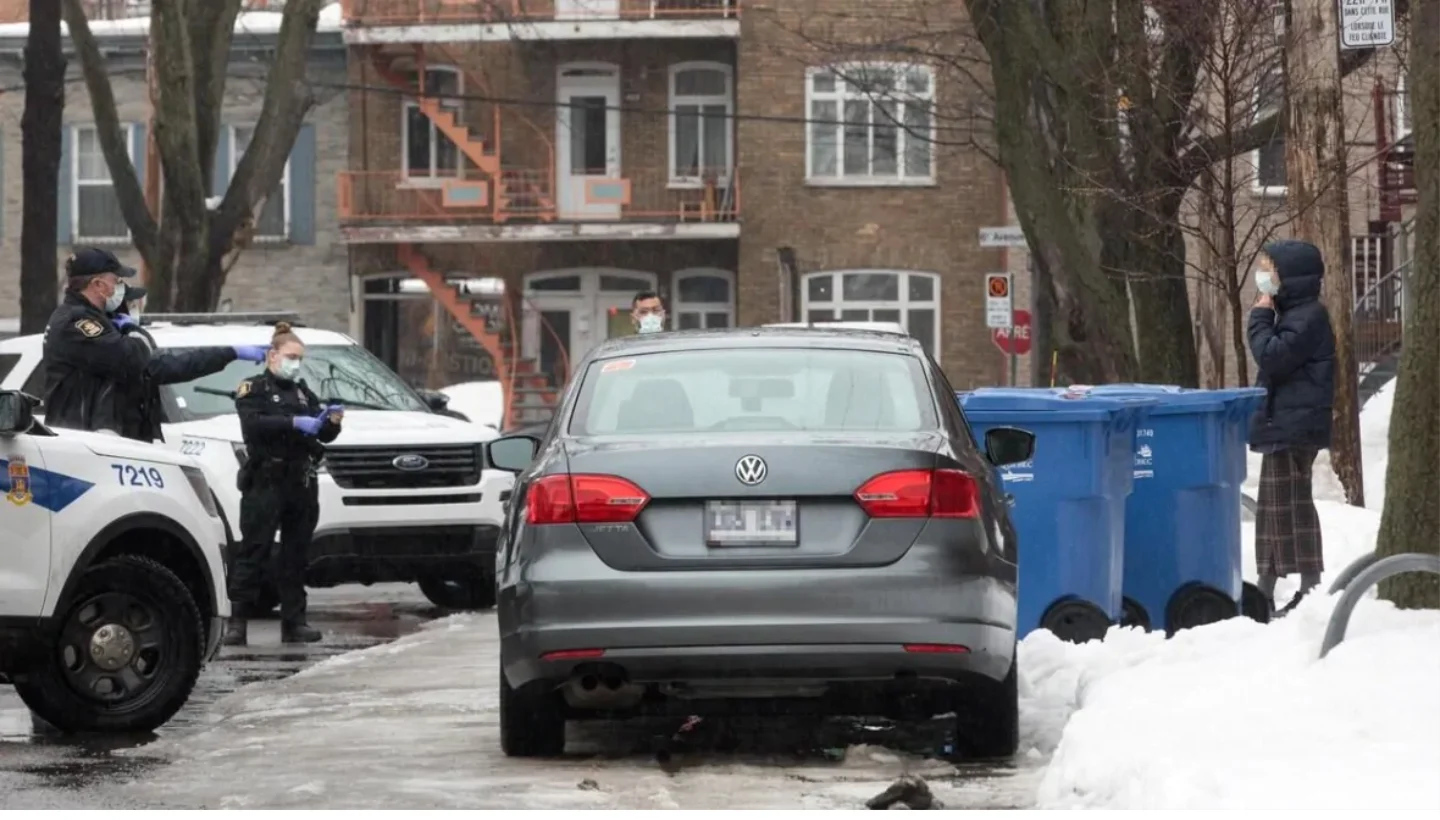
Photo: Quebec City police arrested the woman at around 2 p.m. on Friday on orders from the region's public health department. (Steve Jolicoeur via CBC News)
She said the federal Quarantine Act doesn't give police any new powers, but peace officers will play an assistance role in response to requests from screening or quarantine officers.
Hajdu has been signalling tougher measures under the Quarantine Act were on their way for several days now.
The federal Quarantine Act, which was updated in 2005 after the deadly SARS outbreak, gives the federal health minister the power to designate quarantine zones and fine or jail travellers who disobey quarantine requests.
If a designated quarantine officer believes that a traveller has refused to isolate themselves, they can ask a peace officer to arrest the traveller and bring them into quarantine.

Tune into The Weather Network on Friday, March 27, as our expert panel discusses how weather can potentially impact the spread of COVID-19.
On Sunday, Hajdu said the government was looking at all the measures in their tool box, including criminal penalties.
She has also suggested a "hotline" might be established to allow concerned Canadians to report cases of noncompliance.
Freeland said the issue of mandatory quarantines was debated at length during the Monday meeting of the cabinet coronavirus committee.
This article, written by Catharine Tunney, was originally published for CBC News




